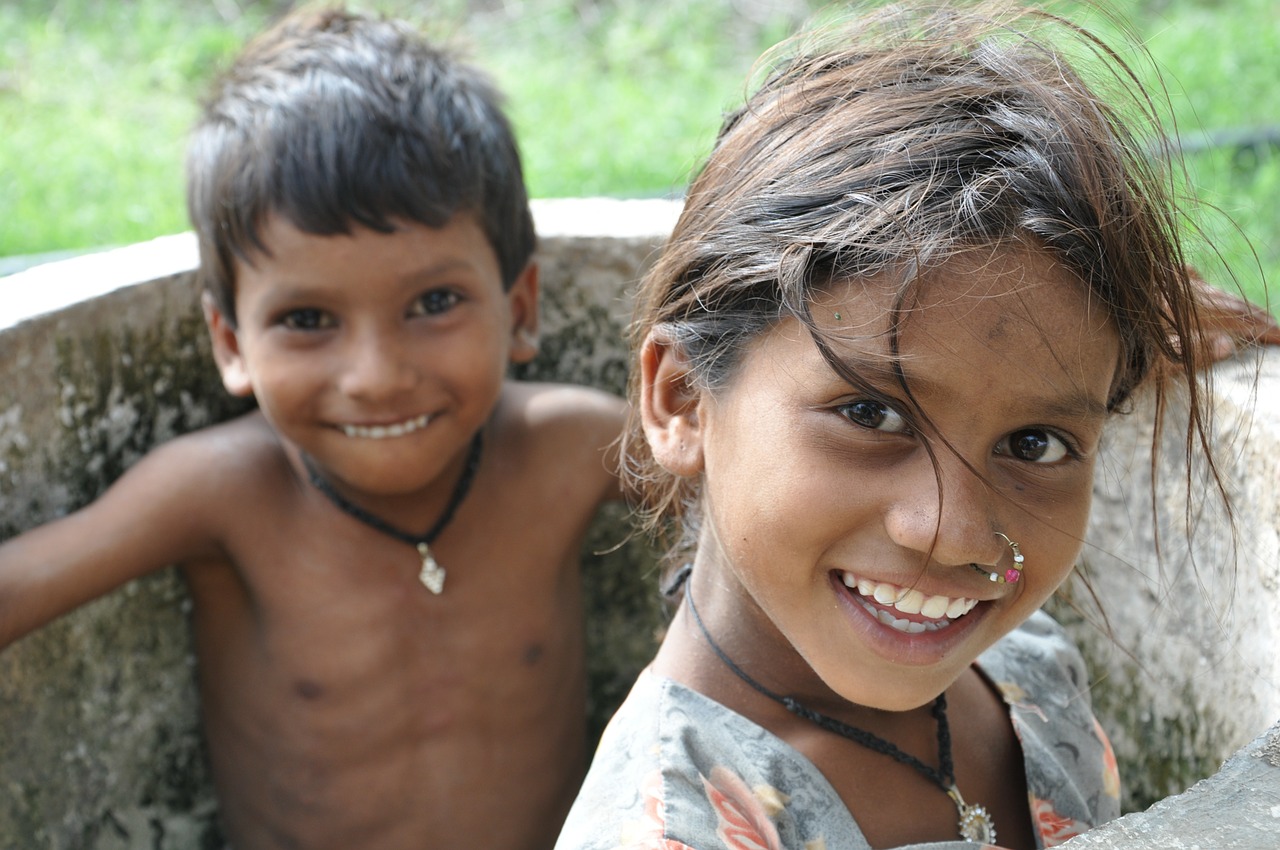
The World Health Organization (WHO) has said that no country offers children a future with both good health and an environment they can flourish in.
The report by the WHO, the United Nations Children's Fund (UNICEF) and the Lancet Commission ranked countries based on the overall health and well-being of children, including their environment.
According to the experts, children are at risk due to climate change and harmful advertising encouraging fast-food consumption and underage drinking.
The report based its ranking on the likelihood of a child being able to "flourish", focusing on health and well-being factors such as education, nutrition and child mortality while also considering the countries' carbon emission levels.
Former Prime Minister of New Zealand Helen Clark, who co-chairs the commission, said: "Every child worldwide now faces existential threats from climate change and commercial pressures. Countries need to overhaul their approach to child and adolescent health to protect the world they will inherit in the future."
The experts say that a 4C rise in global temperatures by 2100 would cause "devastating health consequences" for future generations, including an increase in ocean levels, heatwaves, severe malnutrition and a surge in infectious diseases such as malaria.
Minister Awa Coll-Seck, from Senegal, who co-chairs the commission, mentioned: "More than two billion people live in countries where development is hampered by humanitarian crises, conflicts, and natural disasters, problems increasingly linked with climate change."
Coll-Seck argued: "Promoting better conditions today for children to survive and thrive nationally does not have to come at the cost of eroding children's futures globally."
The report also highlighted how harmful marketing also threatens children as it discovered that they are exposed to as many as 30,000 television advertisements a year, including those for alcohol, junk food and sugary soft drinks.
Anthony Costello, University College London professor of global health and sustainability, said: "We have few facts and figures about the huge expansion of social-media advertising and algorithms aimed at our children."






